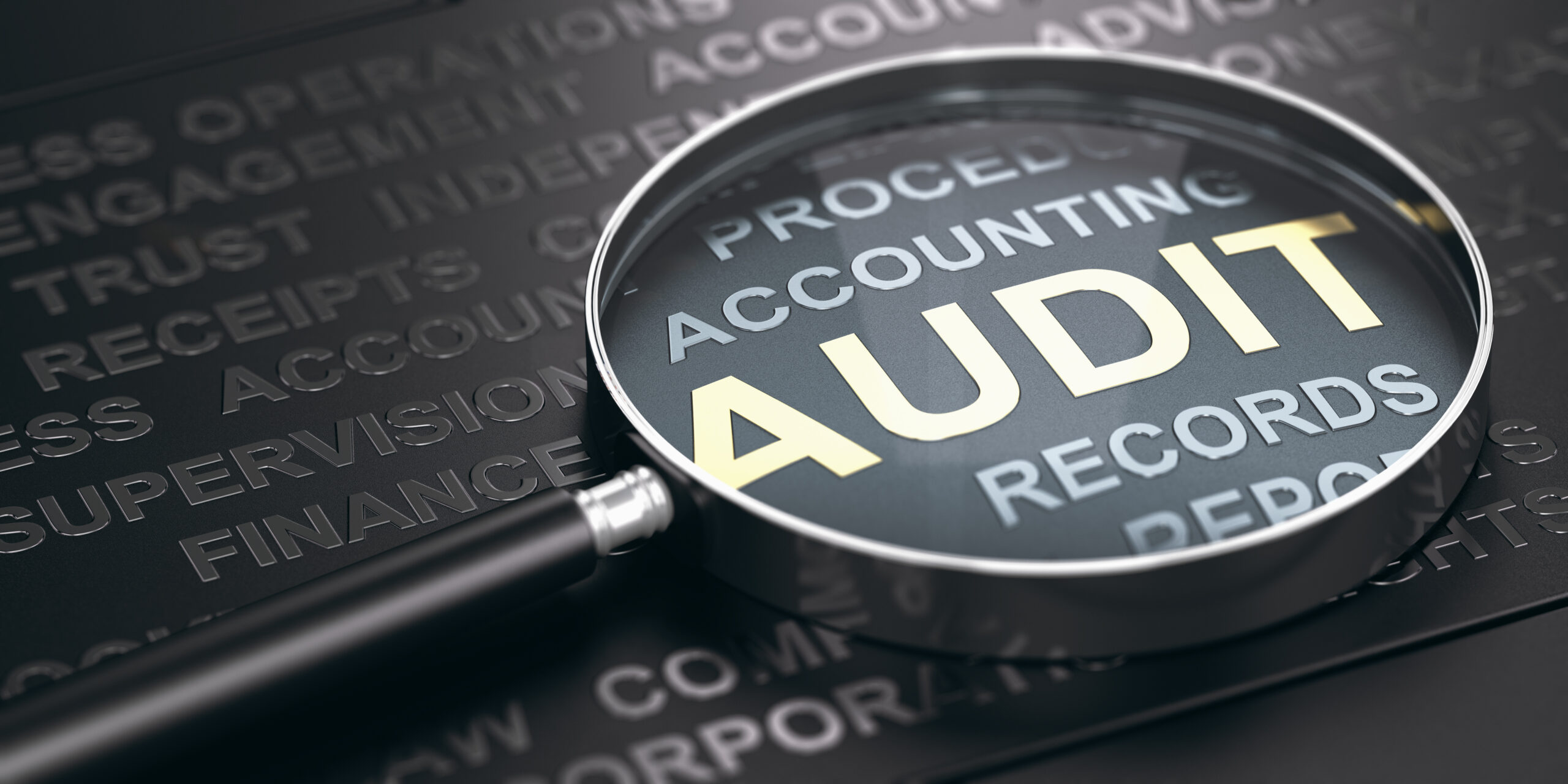IRS Tax Audit Process
A Taxpayer’s Guide to Undergoing a Tax Examination
The IRS tax audit process is one that every taxpayer should be familiar with. In particular, people who have had self-employment expenses/deductions or received tax refunds in the past. Even the most simple tax audit can result in owing money to the IRS. Further, large penalties and interest can accrue. In fact, in some scenarios, a person may be faced with criminal fraud charges. This article will briefly outline the IRS tax audit process. Moreover, we’ll provide some insight on what to expect if you are caught in the crossfires of an examination. Nonetheless, it is important that you consult a tax attorney of CPA if the IRS in contacting you.

A Taxpayer’s Guide to Undergoing a Tax Examination
The most common taxpayers to be audited are those that have high itemized deductions, unreported income, filed an incomplete return, changes in income, or have business deductions. The IRS follows various criteria when selecting tax returns for examination. For example, they look for mathematical errors or missing information, but mainly utilizes a computer program that flags returns for audit based on a mathematical formula. This formula varies by taxpayer and tax return and may rely on information from third parties (i.e banks, employers, etc).
The IRS determines the most appropriate method of examination based on the complexity of the tax return. You may be subject to a Campus Examination, the most common examination. For more complex cases requiring proof, an Area Office Examination is required. A Field Examination is reserved for small businesses requiring more extensive examination. It is generally conducted at the taxpayer’s place of business or at their accountant or lawyer’s firm.
The Examination Process
Once a return is flagged for audit, a notice is issued to the taxpayer to notify them of the pending examination. It may be Form 4564, Information Document Request, or another similar letter/form (such as CP2000, Letter 3572, Letter 3391, etc.). The taxpayer has 30 days to respond to the notice after it is issued. Failing to do so can result in additional penalties. A notice does not necessarily mean that additional taxes are owed, so it is important to understand the content of your notice to determine the action required. It is at this stage (before the 30 days are up) that is most convenient for a taxpayer to consult with a tax lawyer or CPA. They can provide proper guidance and can represent you throughout the process with an authorized Power of Attorney.
Regardless of the type of examination or how the taxpayer chooses to handle the tax audit, it is important that the taxpayer is aware of the potential consequences at hand. A missing document or incorrect information relayed to the examiner can result in further examination of the return and past years’ returns, as well as suspicion of fraud in some cases. The taxpayer may also face additional interests and penalties in addition to assessed tax liability. The IRS can also file a potential tax lien or levy on the taxpayer’s account. Unfortunately, this can result in the IRS seizing the taxpayers assets or garnish wages. Therefore, it is crucial to either understand the process well or have proper representation.
Failure to Respond to Examination Notices/Letter
Many taxpayers decided to ignore letters from the IRS requesting for documents or a tax audit. If you fail to respond to an IRS notice or letter on time, the IRS may automatically assess a tax liability. Moreover, they can issue another letter stating the amounts you owe. You may also receive a Notice of Deficiency (Letter 531, Letter 3219, etc.) to file a petition with the tax court if you disagree with their assessment. However, even if the taxpayer decides not to contest the assessment in tax court, the representative should negotiate the tax liability. This action prevents additional penalties or the seizure of their assets.
Post-Examination
Once an examination is complete, a letter is issued which formally notifies the taxpayer of the resulting tax examination. It may come as notice through Letter 525 or Letter 915 with Form 4549, Income Tax Examination Changes. If the taxpayer agrees to the adjustments made on their return, they will receive a form describing said adjustments and allowing the IRS to collect the agreed amounts. The taxpayer can also dispute/appeal the decision and is given 30 days to protest the examiner’s adjustments. Failure to respond within the 30 day period will result in assessing the original adjustments and issuing a bill to the taxpayer.
Sometimes by the end of the examination the taxpayer owes an amount they can’t pay right away. In this case the taxpayer should consider having their attorney or CPA negotiate a payment plan. The taxpayer may also have any previous tax lien released in certain situations.
If you are in need of a tax attorney or CPA, please contact My CPA, PA, at 954-239-8365. We’re happy to schedule a free consultation to discuss your IRS issues.
*This is not official legal or tax advice – please consult a tax attorney or cpa to discuss details about the tax audit process.





